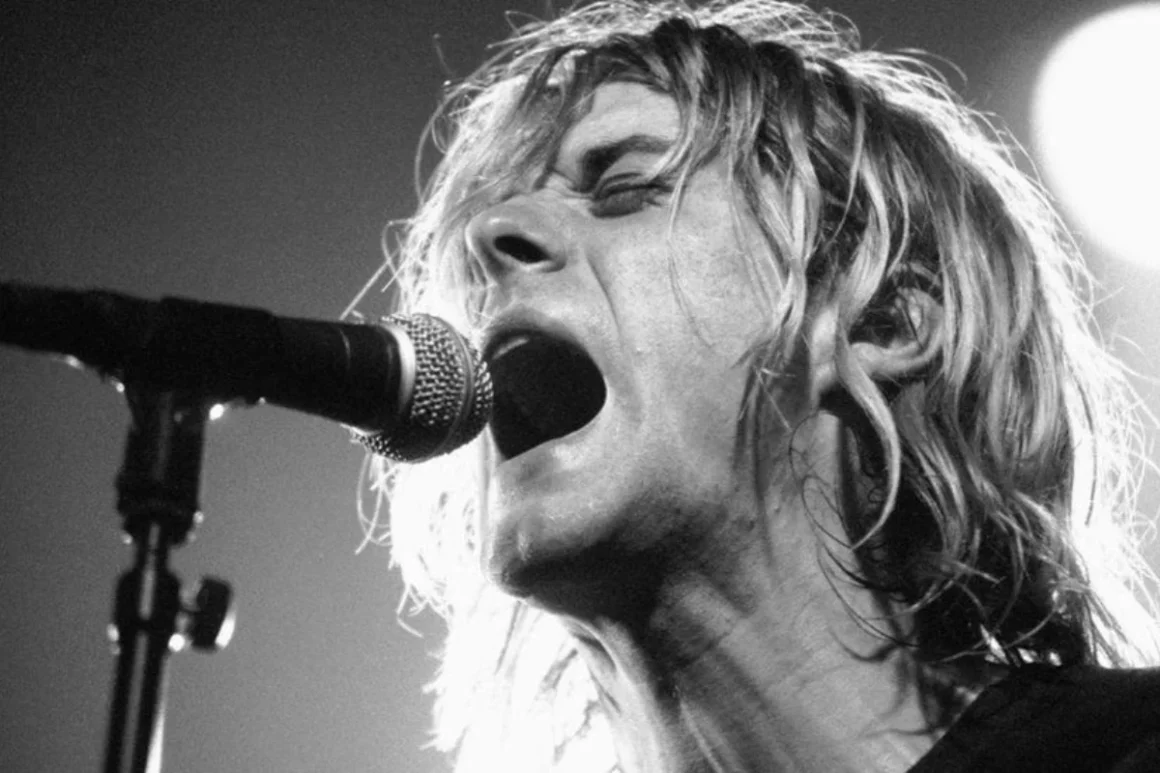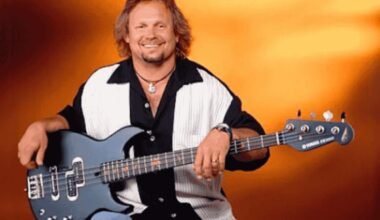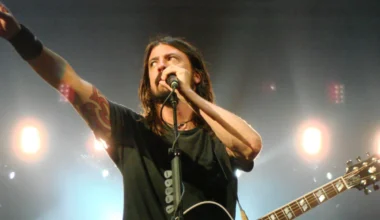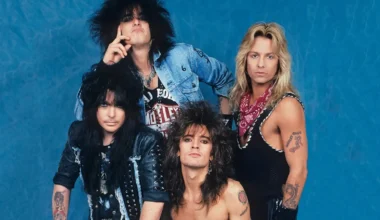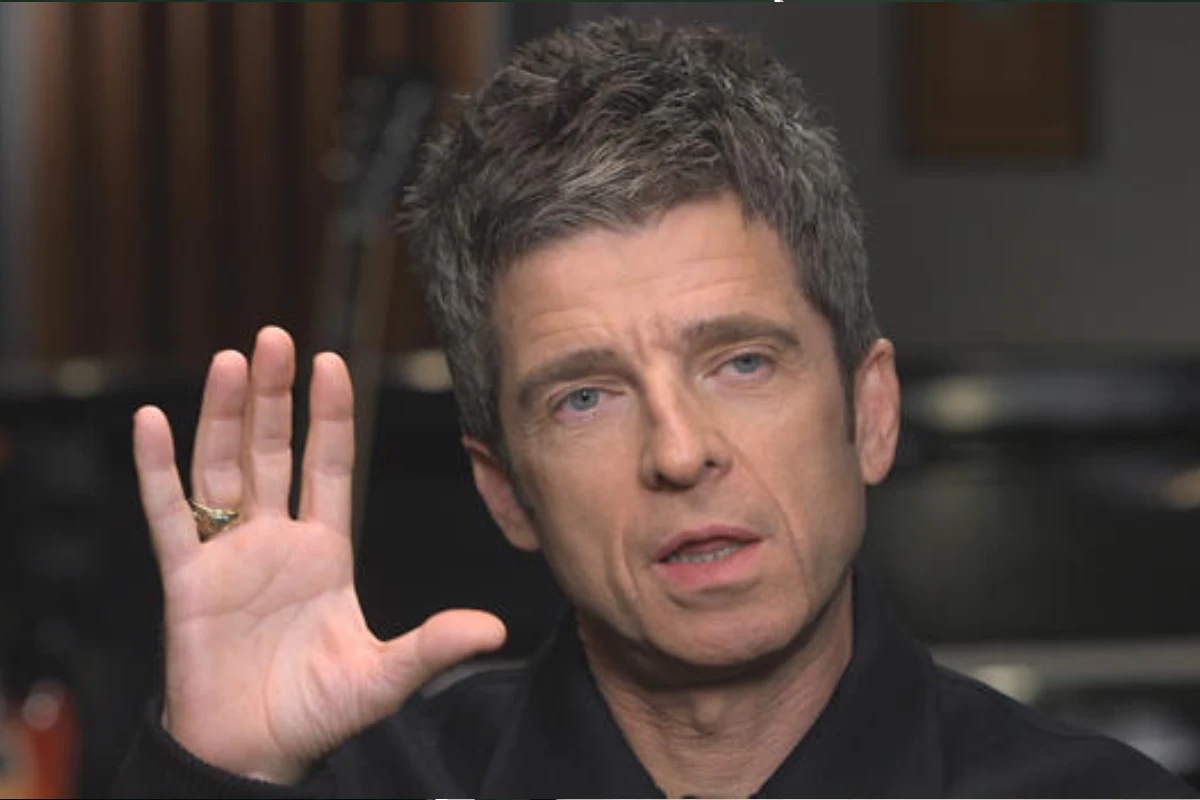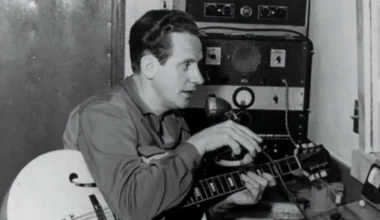When comparing the new school of rock to the old guard, it’s always a difficult task. For one, it’s unfair to expect any artist to create something as monumental as The Beatles’ catalog, nor should we expect new bands to be packaged with hits that define generations. Kurt Cobain, however, recognized that rock’s impact didn’t have to come from classic rock snobs. To him, the Sex Pistols were just as influential as Led Zeppelin in his era.
Led Zeppelin may have been seen as pioneers of hard rock, but they were also the rebellious force before punk bands like the Sex Pistols came on the scene. By the time Jimmy Page broke away from The Yardbirds to form Zeppelin, the first wave of British blues was winding down, and the chaos of the new rock movement was already taking shape. Though the critics often scoffed at their excess, Zeppelin’s Physical Graffiti solidified them as rock titans by 1975. But even as they dominated, the underground British scene was already preparing its own answer to Zeppelin’s antics: the punk scene.
John Lydon, with his venomous vocals on the Sex Pistols’ “Holiday in the Sun,” made it clear that rock needed to be dismantled. Punk was here to strip away the excess and challenge the grandiosity of what rock had become. Cobain, discovering punk after its inception, saw the Pistols as equal to Zeppelin in influence. “How important were they? About as important as Led Zeppelin or any other big rock band,” Cobain said. “Besides the hype, the music was great.” The Pistols’ raw ferocity and primal energy served as a counterpoint to the previous generation of rockers’ bloated grandeur.
The Pistols’ sound wasn’t polished by any means—Steve Jones’s greasy guitar riffs felt more like a blast from a jet engine than a crafted solo, creating a chaotic, rebellious atmosphere that resonated deeply. It was this very messiness that made the music so compelling. When Nirvana entered the mainstream with Nevermind, they captured the spirit of punk but gave it a touch of classic rock polish, blending in Dave Grohl’s powerhouse drumming, reminiscent of Bonham’s thunderous beats. The result? An album that was the perfect counter to the commercialized hair metal dominating MTV at the time.
Cobain and his contemporaries weren’t rejecting rock, but they were rejecting the tired norms of the past. They were carving out a space for their anger, rawness, and rebellion—a sonic revolt that was as influential as the titans who came before them.

